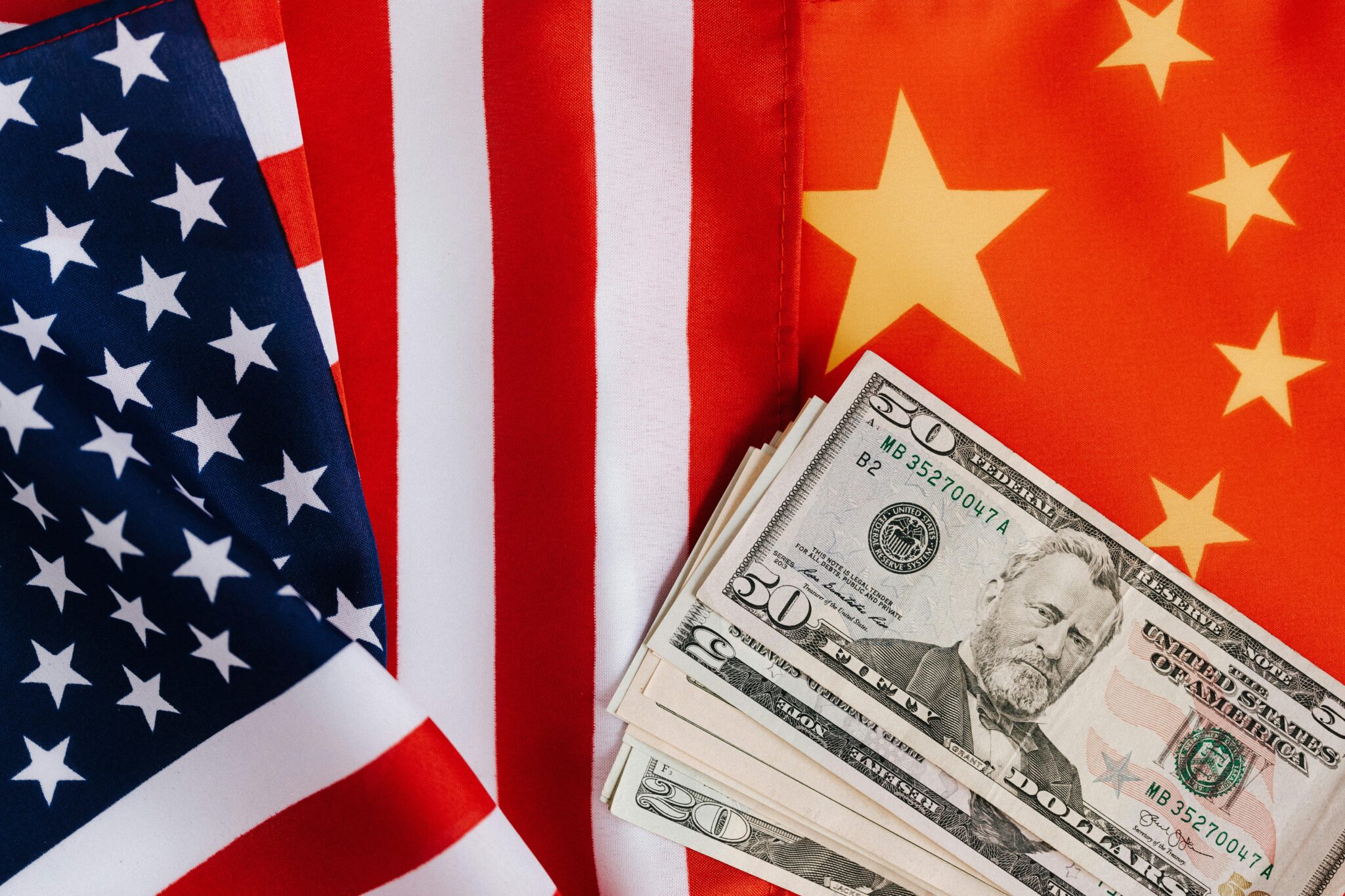Tensions between the US and China are heating up over tech and trade. Just one day before big talks in Spain, China started two investigations into American chip policies. One looks at discrimination against Chinese firms. The other checks if US chips are being dumped at low prices. This comes after the US added more Chinese companies to its trade black list. The moves show how hard it is for the two biggest economies to get along. As leaders meet in Madrid, everyone wonders if they can find peace or if fights will grow.
The US and China have been in a trade war for years. It started under President Donald Trump with tariffs on goods. Now, it’s about high-tech like chips and AI. Chips are key for phones, cars, and computers. Both sides want to lead in making them. The US worries China might use tech for military power. China says the US is trying to stop its growth.
On Friday, the US Commerce Department added 32 groups to its Entity List. This list blocks trade with them for security reasons. Twenty-three of those are in China. Two firms got hit for buying US chip tools for SMIC, China’s top chip maker. SMIC is already on the list, so this hurts more. The US says these steps protect national security and stop tech from going to bad uses.
China did not wait long to fight back. On Saturday, its Ministry of Commerce launched the probes. The anti-discrimination one asks if US rules unfairly target Chinese companies. It looks at export bans and controls since 2018. China calls these “protectionist” and says they aim to hold back its high-tech push in chips and AI. The dumping probe targets US analog chips. These are used in hearing aids, Wi-Fi routers, and sensors. China thinks they are sold too cheap, hurting local makers.
The timing is no accident. Talks kick off Sunday in Madrid, hosted by Spain’s Prime Minister Pedro Sanchez. China’s Vice Premier He Lifeng leads their team. For the US, it’s Treasury Secretary Scott Bessent and Trade Representative Jamieson Greer. This is the fourth big face-to-face this year. Past ones were in Geneva, London, and Stockholm. In July, they agreed to pause tariffs for 90 days. Trump okayed it on August 12, pushing the deadline to November 10. That truce cut high tariffs and got rare earth minerals flowing again from China to the US. Rare earths are vital for tech and green energy.
Key Issues on the Table
The Madrid meeting covers a lot. Here’s what to watch:
- Tariffs and Export Controls: The US has tariffs up to 55% on Chinese goods. China wants them down. The US calls its controls “abuse” by China, but Beijing says they are unfair blocks on trade.
- TikTok’s Fate: ByteDance, TikTok’s Chinese owner, faces a ban unless it sells US parts by September 17. Trump pushed the deadline back. Lawmakers fear user data could go to China’s government. China says it respects privacy and won’t ask for foreign data against laws. Experts think talks might extend the deadline again.
- Money Laundering and Security: Both sides want to fight dirty money flows. The US links this to stopping tech from reaching Russia in its Ukraine war.
- Chip and AI Limits: The new probes tie right in. China questions why the US added firms now. “What is the US’s intention?” the ministry asked. It urges the US to stop “suppression” and promises to protect its companies.
Trade experts don’t expect big wins. Spain hosts to boost its China ties, but outcomes might just be small steps like more delays. The US wants to keep tech leads. China pushes for fair play as its exports to the US drop 15% this year. But trade to places like Southeast Asia and Africa is up, helping China hit a record $1 trillion surplus.
Why Chips Matter So Much
Chips are the new battleground. The US leads in design, but Taiwan and South Korea make most. China wants to catch up. US rules since 2022 block sales of top chips and tools to China. This includes bans on using US AI chips for Chinese models and limits on Huawei’s Ascend chips. Firms like Texas Instruments and Analog Devices could feel the dumping probe.
China’s Foreign Trade Law lets it probe discrimination. The anti-discrimination review lasts three months, maybe more. The dumping one follows set steps and will be fair, the ministry says. Groups like the China Chamber of Commerce back it.
This back-and-forth hurts global supply chains. Phones, cars, and AI need chips. Delays or higher costs hit everyone. Farmers miss sales, like US soybeans to China. South America fills the gap.
Hopes for Calm or More Storms?
Trump’s team says talks aim to steady ties. But with probes fresh, trust is low. China vows “necessary measures” if the US keeps pushing. People’s Daily, a top paper, says Beijing cares about data security.
As delegations meet, the world watches. Can they extend the truce? Or will chip fights spill over? Madrid might bring small hope, but the road ahead looks bumpy. Trade wars cost jobs and raise prices. Both need each other, but pride stands in the way.
The probes started September 13. Charges could come soon. For now, talks are the focus. Stay tuned as updates roll in from Spain.






















